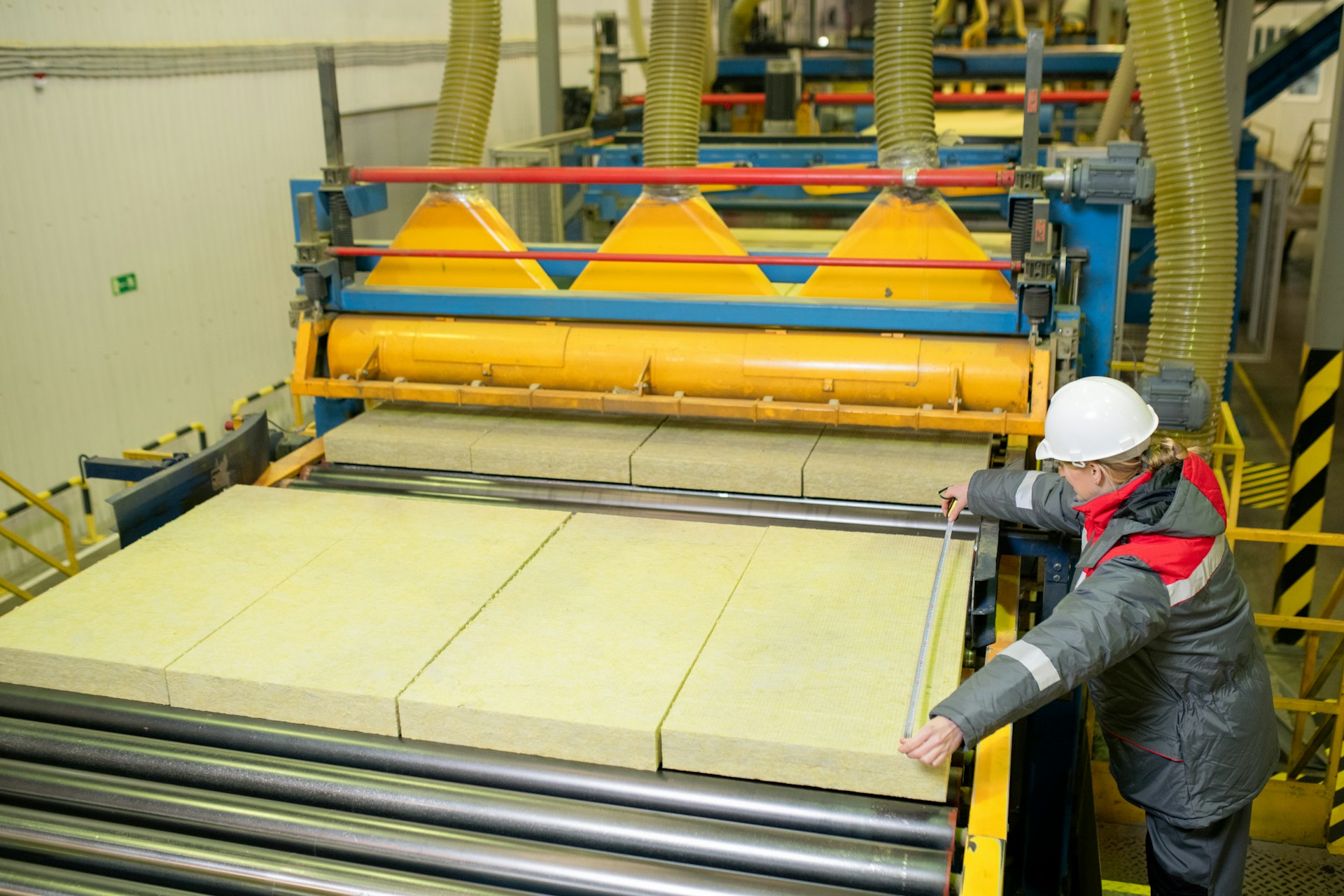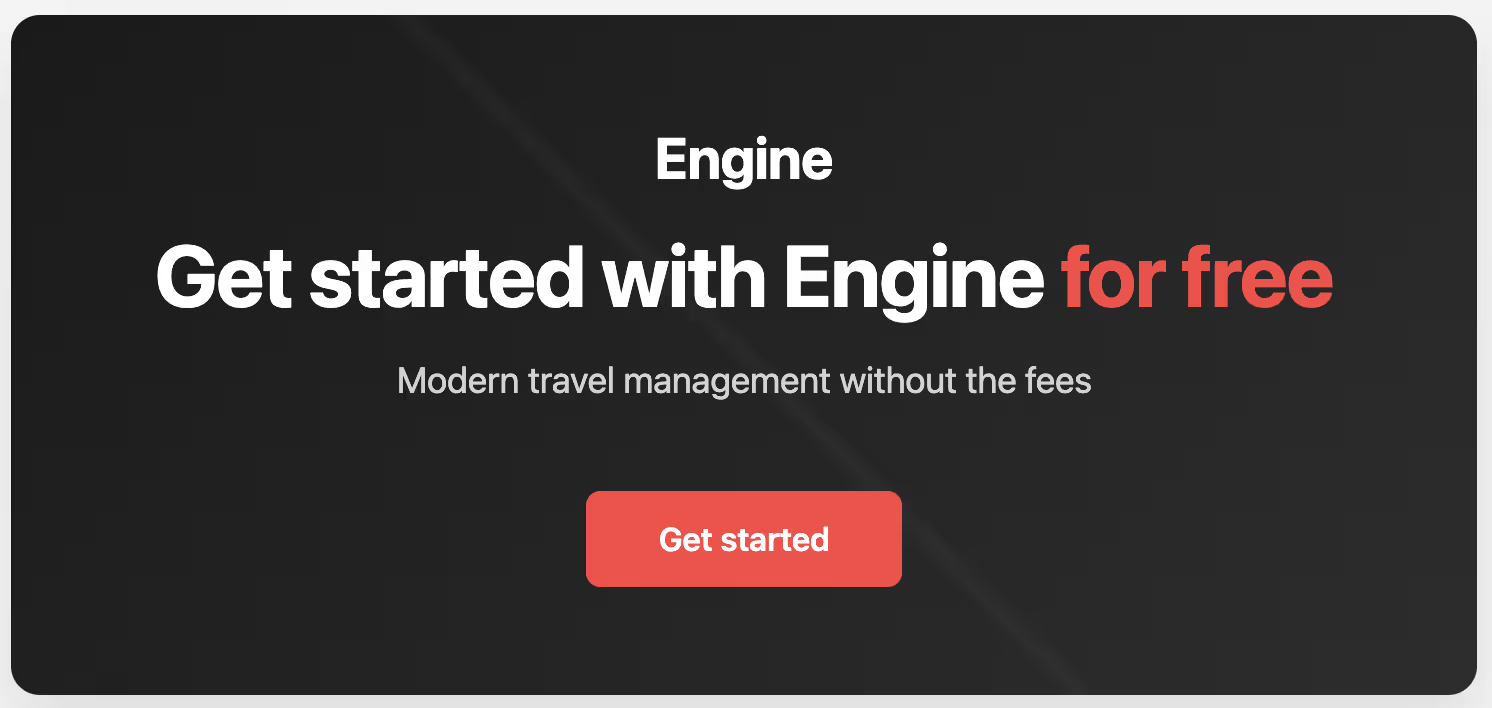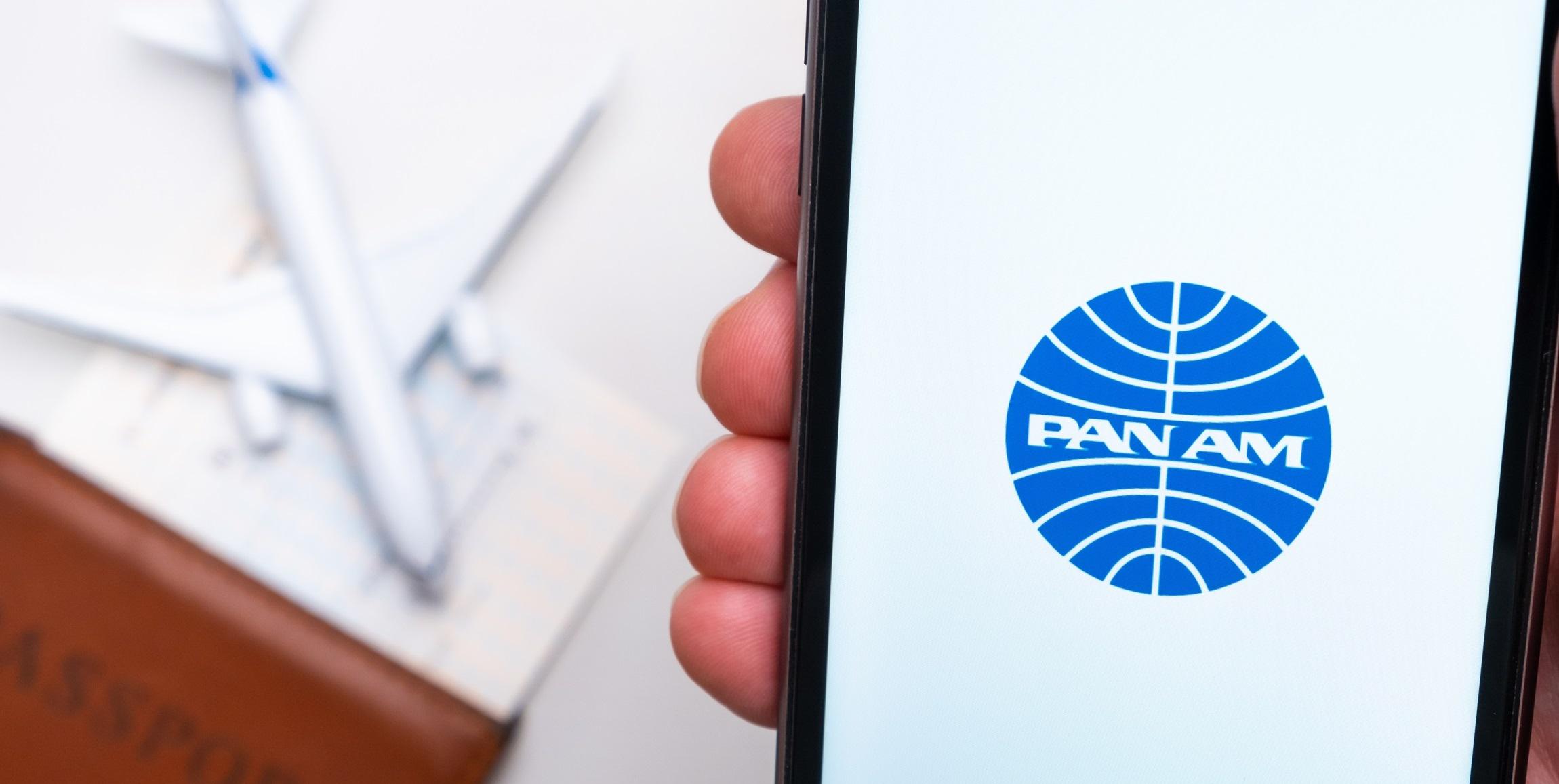Manufacturing Travel Management: Keep Your Crews Moving

Equipment breakdown at the Detroit plant. Your maintenance crew needs rooms tonight. Your current booking system shows "no availability" while three hotels sit half-empty two miles away. Meanwhile, production sits idle at $50,000 per hour.
Sound familiar? When your manufacturing traveler can't get where they need to be, entire operations shut down. The difference between good manufacturing travel and chaos comes down to having systems that work as reliably as the equipment your teams fix.
Standard Travel Platforms Fail for Manufacturing Teams
Manufacturing teams book travel when production demands change, not weeks in advance. Field service calls happen around the clock. Plant shutdowns get moved up on short notice. Installation projects stretch longer when they find unexpected complications.
Manufacturing travel management means handling these realities without losing money or leaving your people stranded. This includes booking multiple rooms for a maintenance crew when the out-of-state plant has an emergency shutdown.
It entails arranging housing for your installation team near the customer facility for months, and making sure your field technicians have rooms when equipment failures happen on holidays.
Standard travel platforms fail here because they're built for predictable schedules and standard business hotels. Your crew needs flexibility, group booking capabilities, and systems that work when everything else goes sideways.
How Engine is Different
Using a travel site built for project-based teams delivers measurable results that directly impact plant performance and operational efficiency:
- Cost savings: Negotiated rates and proper travel planning can reduce travel expenses significantly, protecting thin manufacturing margins from travel budget overruns that eat into equipment maintenance funds.
- Improved efficiency: Cuts administrative hours spent chasing receipts and managing bookings. Production managers can focus on manufacturing operations instead of travel coordination.
- Better compliance and control: Provides audit-ready documentation and regulatory adherence, ensuring travel expenses align with manufacturing safety requirements.
- Enhanced employee satisfaction: Reduces travel friction and provides better support during trips. This helps retain skilled technicians who might otherwise avoid field assignments due to travel hassles.
- Risk mitigation: Offers disruption support and crisis management capabilities. Equipment failures and emergency service calls won't strand your crews or delay critical manufacturing projects.
Must-Have Documents for Smooth Manufacturing Travel
Correct documentation gets your crews through facility gates and keeps projects on schedule. One missing certificate can delay a critical repair for days.
- Work Permits and Site Access Letters: Many industrial facilities require advance approval for outside contractors. Get these letters from your customers' safety departments, not their procurement teams.
- Equipment Compliance Certificates: You need to prove your team’s tools meet facility standards. If you're bringing specialized equipment to customer sites, go along with certification that shows it meets their electrical, safety, and operational requirements.
- Health Certificates and Vaccination Records: Some plants require specific vaccinations or health screenings for contractor access. Check requirements during project planning, not when your crew arrives on site.
- Insurance and Financial Documents: Customer finance departments will want to see proof of liability coverage, workers' compensation, and bonding (if the project requires it) before they'll authorize facility access for major installations or repairs.
Field crews often think their regular business insurance covers specialized equipment work—it doesn't, and finding this out on-site creates expensive delays.
Smart Digital Backup: So Papers Never Go Missing
Digital backup saves projects when physical documents go missing. Scan everything to cloud storage your field teams can access from job sites. Email copies to yourself and your crew leads.
Industrial facilities require documentation verification that can take hours. A manufacturing travel agency that understands these industrial requirements can help coordinate these documents before travel, not after your crew gets turned away from the job site.
Engine's universal booking platform integrates documentation management with travel logistics, so your teams have what they need when they arrive.
4 Smart Booking Strategies to Stay on Schedule
Manufacturing teams need booking approaches that match how they work—handling groups, finding rooms near industrial facilities, and adapting to project timelines.
- Group Booking Tactics: Installation teams need rooms near each other, transportation to the same job site, and flexibility when project timelines change. Book room blocks, not individual reservations. Negotiate group rates based on extended stay potential.
- Location-Based Booking: Manufacturing facilities aren't usually downtown. Your teams need rooms near industrial areas, often in locations where standard business travel platforms show limited options. Partner with a manufacturing travel management service that understands industrial geography, not just airport proximity.
- Handling Schedule Changes: Production schedules shift based on equipment availability, customer demands, and weather delays. Your booking platform needs to handle changes without penalty fees that eat your maintenance budget. Lock in space availability but maintain modification flexibility.
- Emergency Booking: Your maintenance crew gets the call Friday evening that the production line is down. They need flights, rooms, and ground transport by Saturday morning.
When equipment schedules change—and they always do—you need guaranteed refunds and modification coverage. Engine's Flex Pro feature handles exactly this scenario, providing refunds for any cancelled or modified trip when your manufacturing project timeline shifts.

Managing Manufacturing Travel Costs: Budget Control Strategies
Your maintenance budget shows $50,000 in travel charges, but you can't tell which came from the Chicago equipment repair versus the Atlanta installation project. These are budget control methods that can help with this:
- Project-Based Expense Tracking connects travel costs to the work that generates revenue. Tag every booking with project codes, customer names, or equipment serial numbers. When the Chicago plant asks about their service costs, you need to show travel expenses for that specific job, not combined numbers across all your customer sites.
- Cost Allocation by Manufacturing Site helps control budget overruns before they happen. Track spending by customer facility, production line, or equipment type. If travel costs for your team’s plant run 40% higher than similar facilities, investigate whether it's location, project complexity, or booking inefficiency driving the difference.
- Avoiding Personal Credit Card Chaos protects both your field technicians and your expense tracking. Field crews shouldn't use personal cards for business travel, but many do because corporate cards don't work with consumer booking platforms. This creates expense reporting nightmares and leaves your people covering business costs from personal accounts.
- Real-Time Visibility into Service Call Costs prevents budget surprises at month-end. Manufacturing projects stretch longer than planned. Equipment repairs discover additional problems. Installation crews find unexpected site complications. Your travel costs need to track these changes in real-time, not weeks later when invoices arrive.
How to Ensure Safety and Compliance for Your Team
Manufacturing travel carries different risks than office worker business trips. Your field technicians work in industrial environments with safety requirements that change by facility.
Manufacturing-Specific Health Requirements
Some plants require respirator fit testing before contractor access. Chemical facilities have different requirements than food processing plants. Beyond basic health documentation, verify any facility-specific safety training or certifications your crew needs.
Support for Emergency Manufacturing Travel
Production issues arise outside business hours and production lines don't stop for weekends or holidays. Your manufacturing travelers need support that works around the clock and in locations where consumer travel services don't operate.
Compliance with OSHA and Site-Specific Safety Requirements
Travel with documentation that proves your teams meet federal safety standards and customer-specific requirements. Many facilities require safety orientation before contractor access, even for short service calls.
Outbound-Day Safety Preparation
Before your crews hit the road:
- Conduct PPE audits to ensure everyone has the right safety gear for the specific customer facility
- Verify all required permits and authorizations are current and accessible
- Distribute emergency contact information to every team member, including site-specific incident reporting protocols and local emergency services
- Review the customer's specific safety procedures and incident-report requirements, because every facility handles emergencies differently
- Confirm that accommodation locations provide secure parking for service vehicles and equipment storage when teams travel with specialized tools
Engine's 24/7 support understands manufacturing travel realities. When your installation crew gets stranded because weather delays their connecting flight, support agents who understand industrial timelines help find alternatives that keep your project on schedule.
Get Your Manufacturing Teams Moving with Engine
Your crew needs travel systems that work like the equipment they depend on, reliable, straightforward, and built for the actual work they do.
Your production managers shouldn't spend time navigating complex booking interfaces when equipment needs immediate attention.
Your field technicians shouldn't use personal credit cards because corporate travel systems don't work on job sites. Your finance team shouldn't chase receipts across multiple platforms when they need to track project costs.
Engine handles the logistics so your teams can focus on keeping production running. Universal booking for flights, accommodations, and ground transport. Project tagging that aligns with how manufacturing projects work. Guaranteed modification coverage when equipment schedules change. Direct bill features that eliminate credit card hassles at industrial facility check-ins.
Ready to see how Engine handles manufacturing travel management? Get your crews the travel system they deserve.






.jpg)





.jpg)










.avif)






